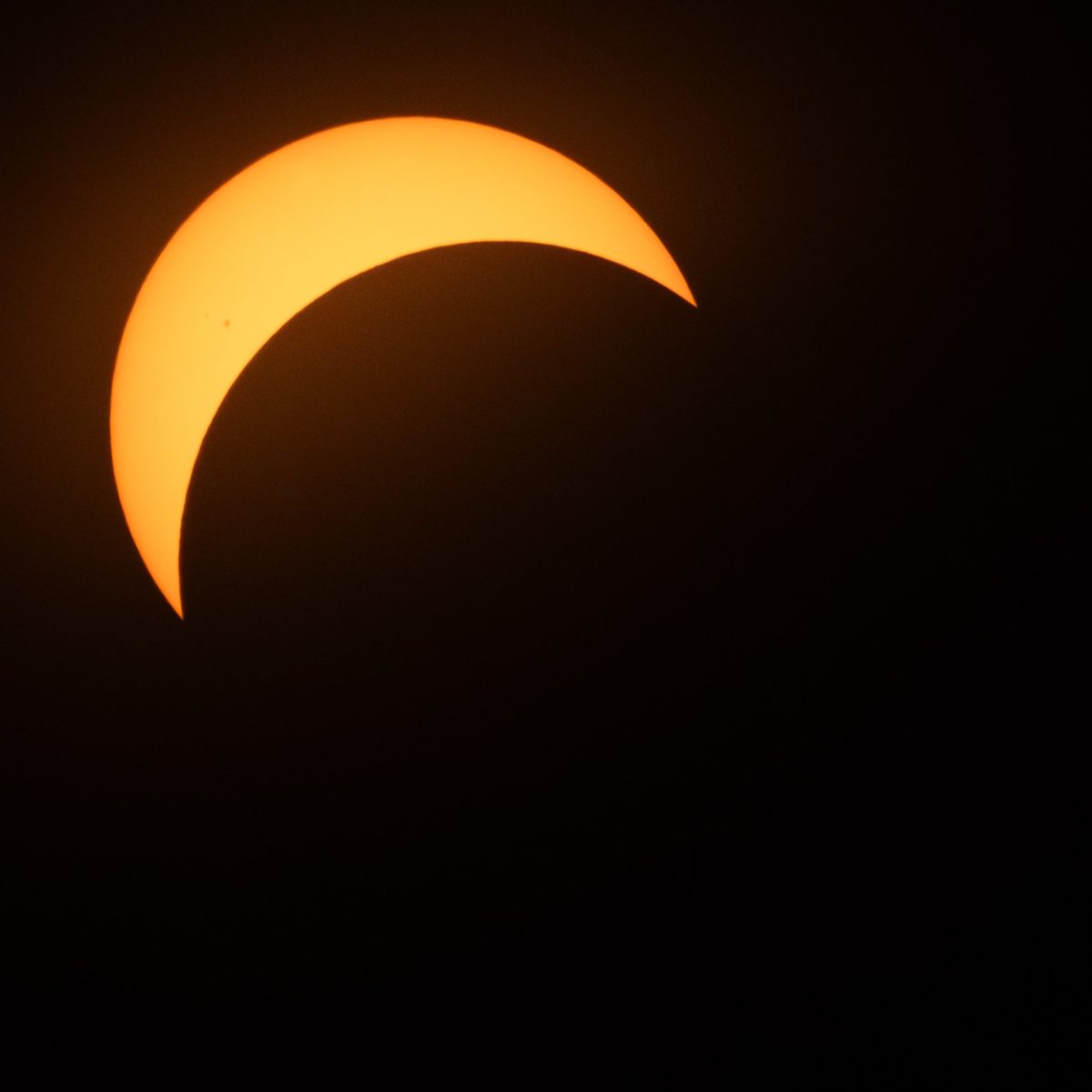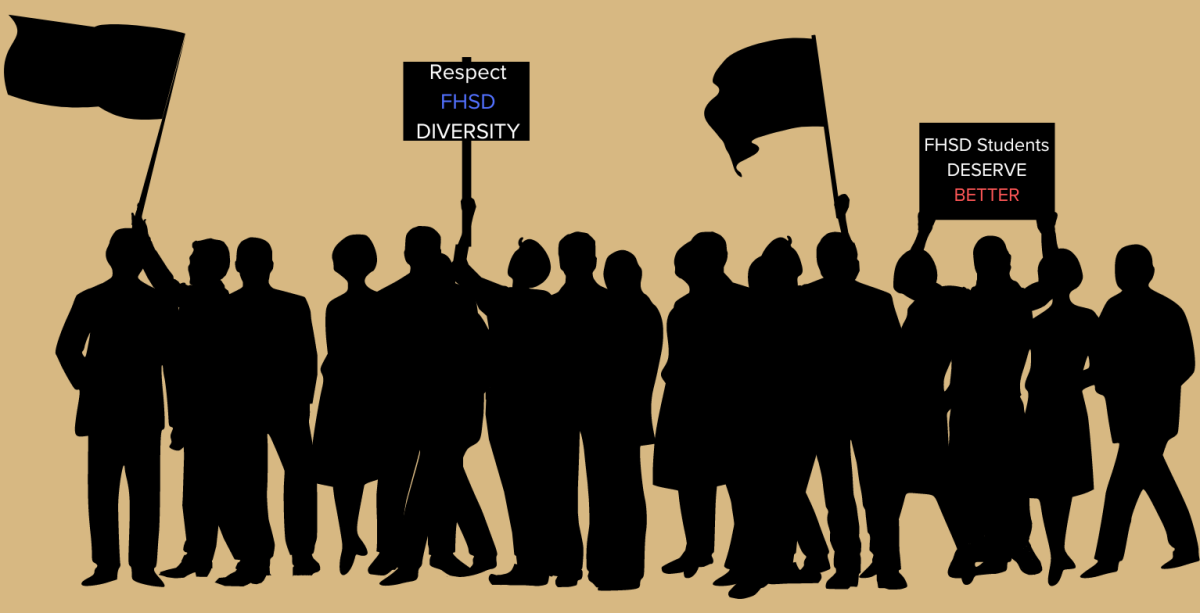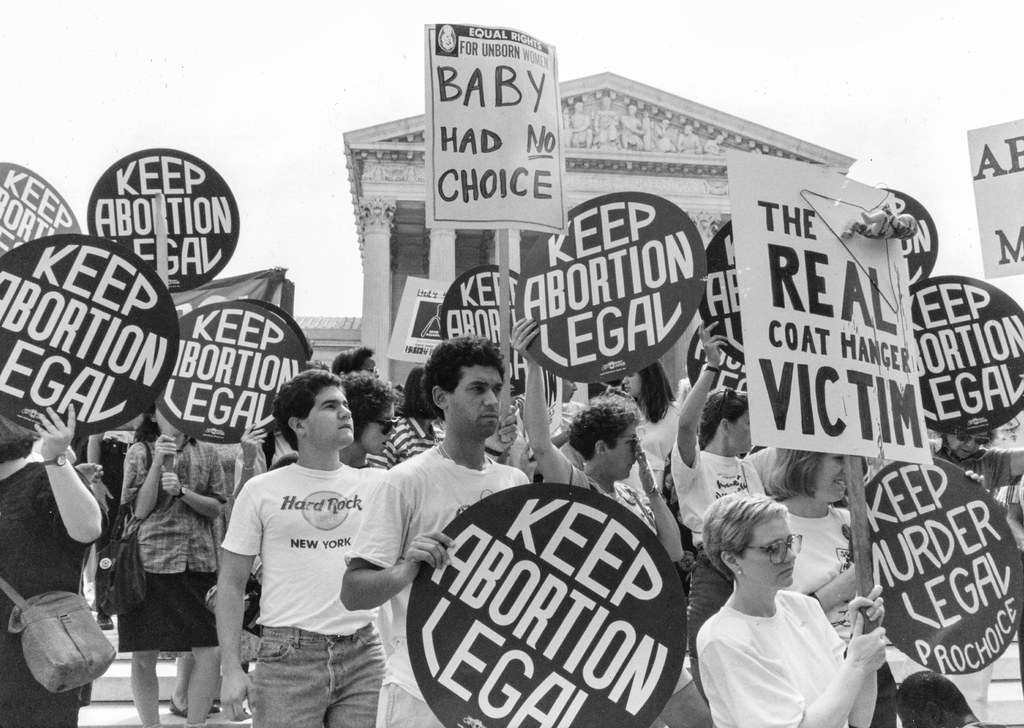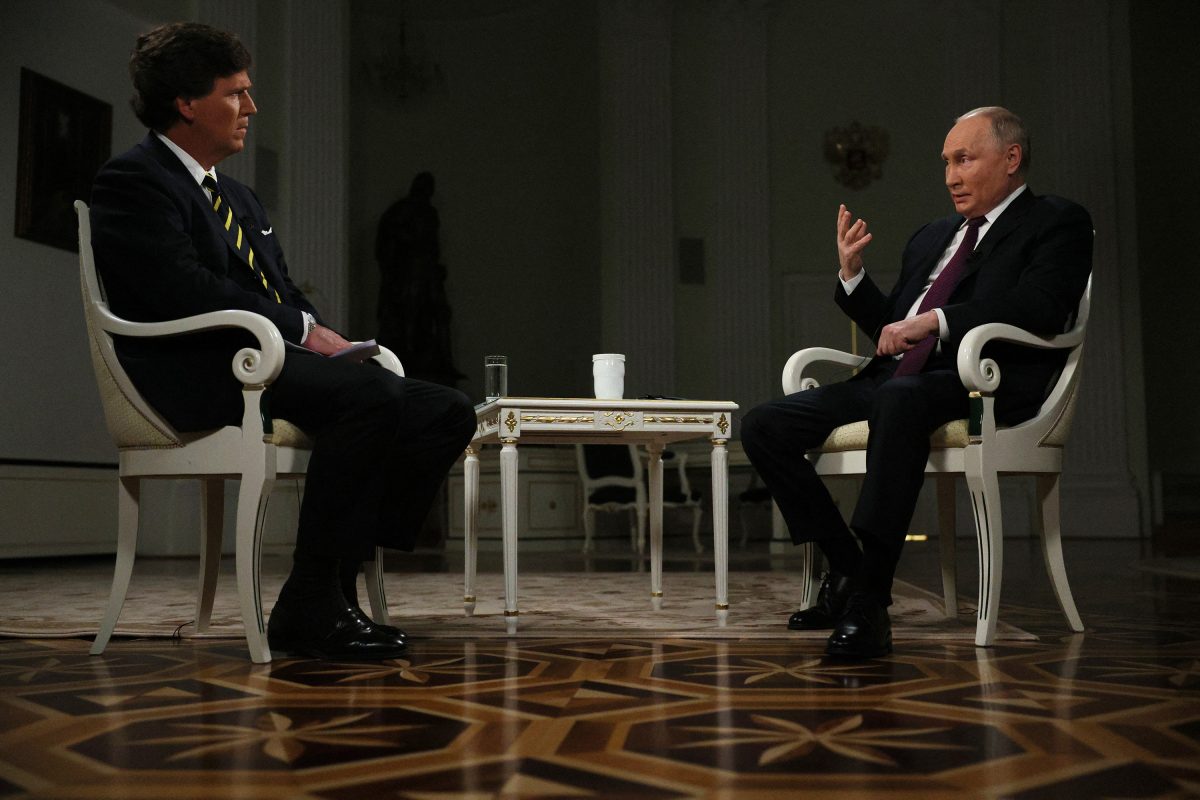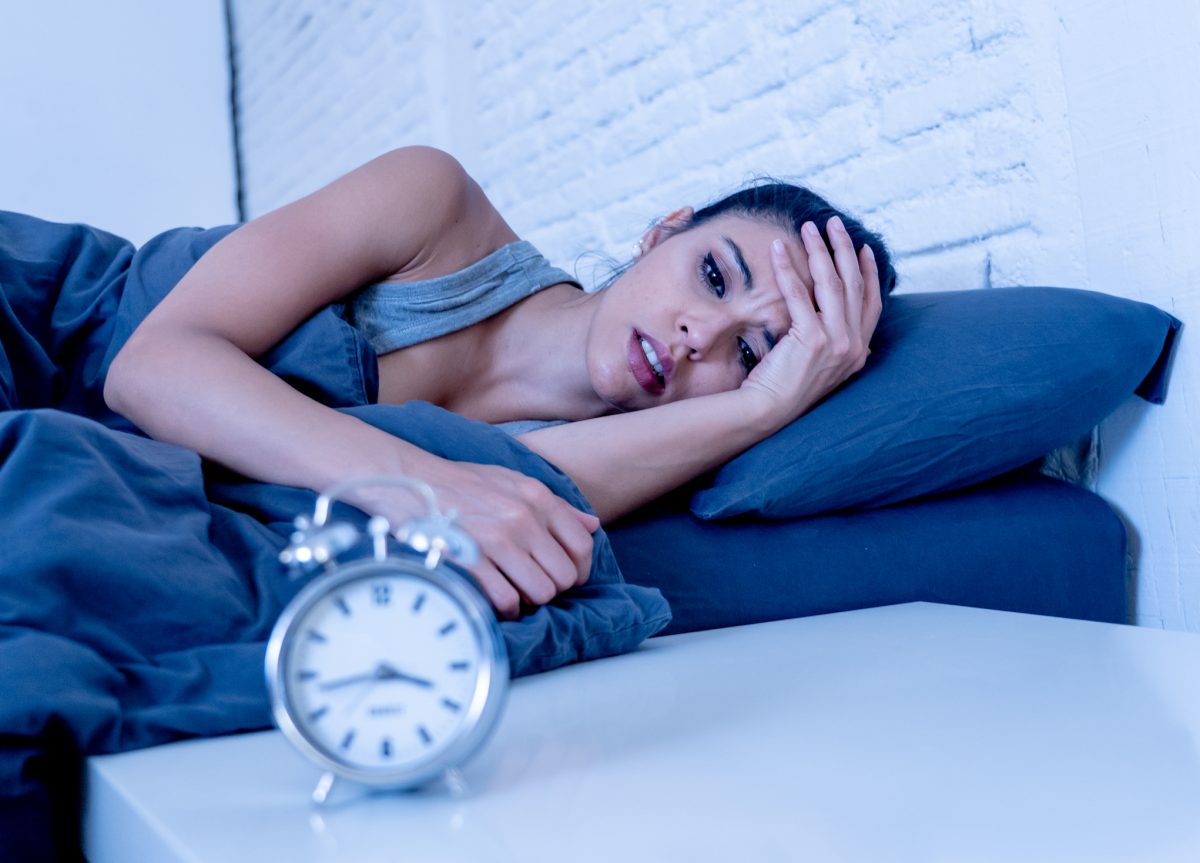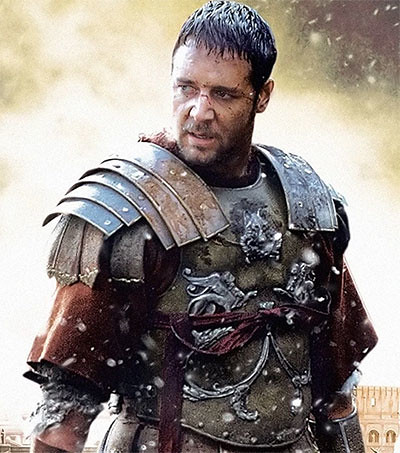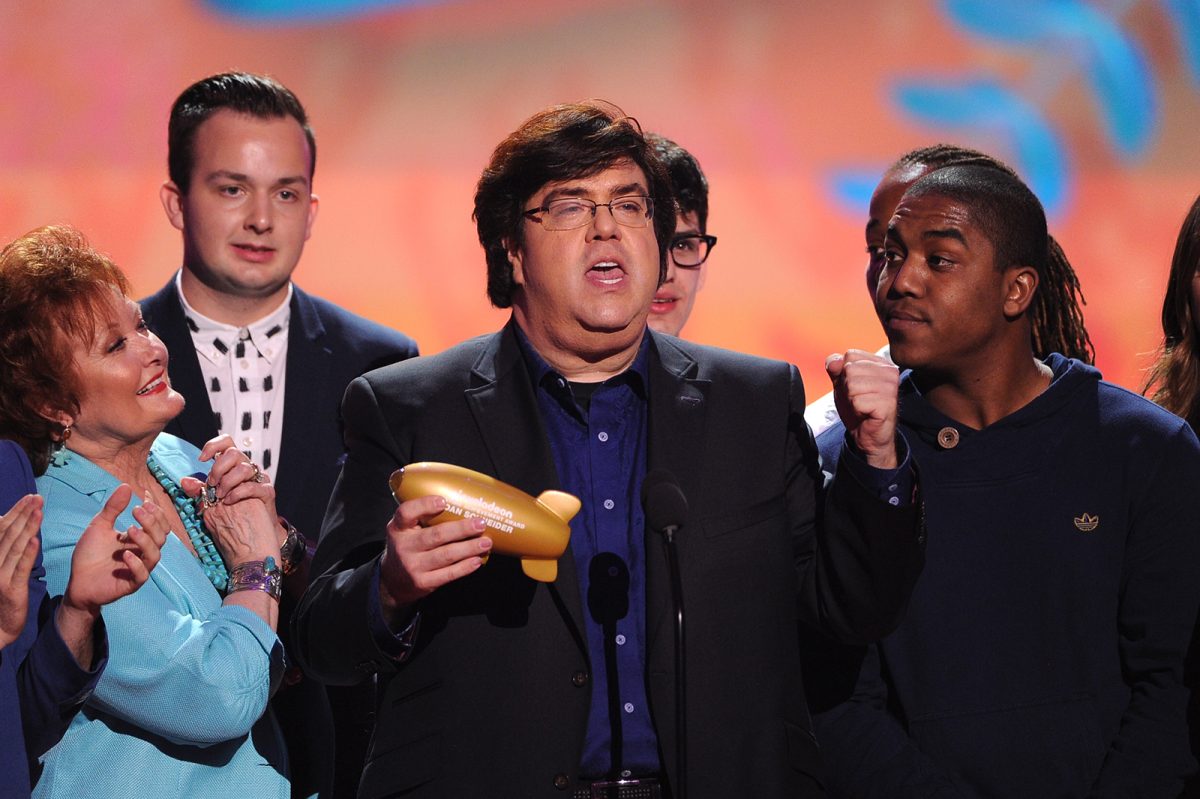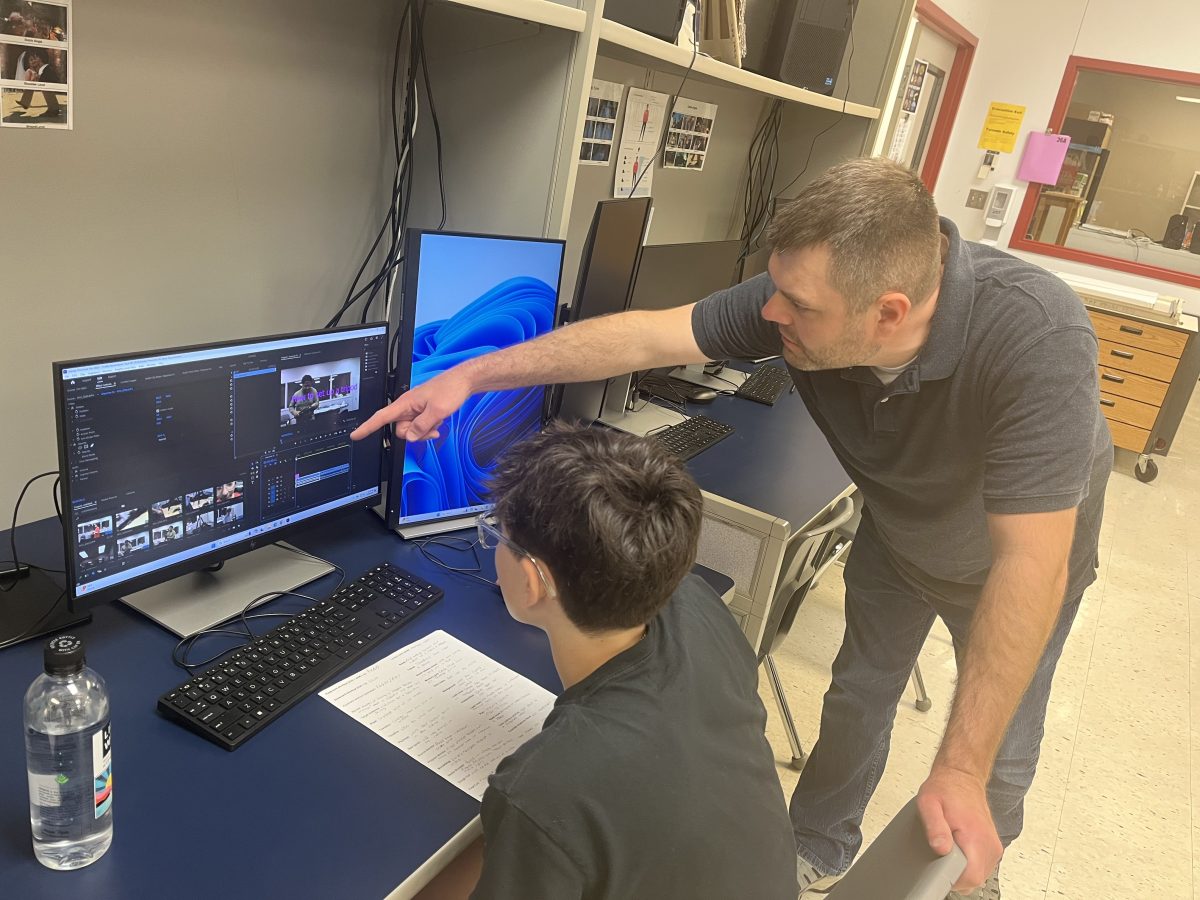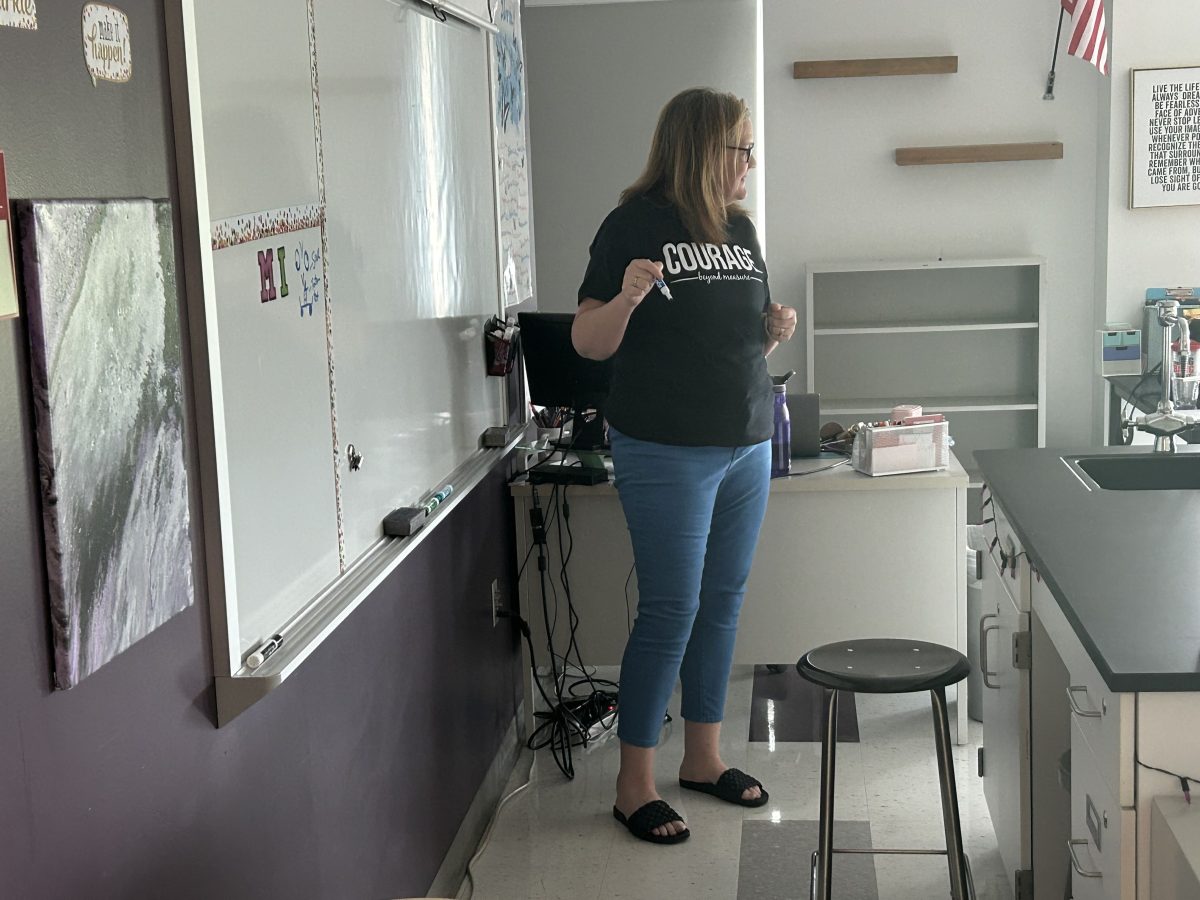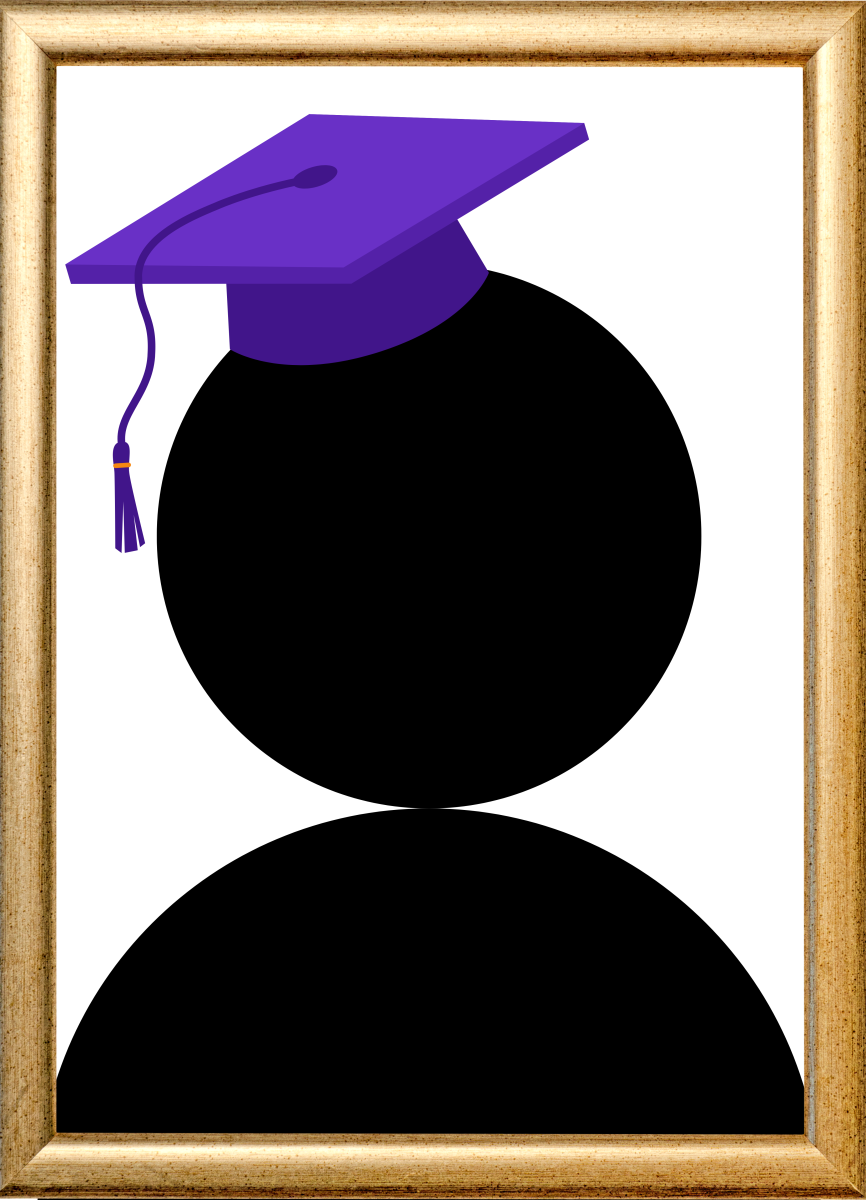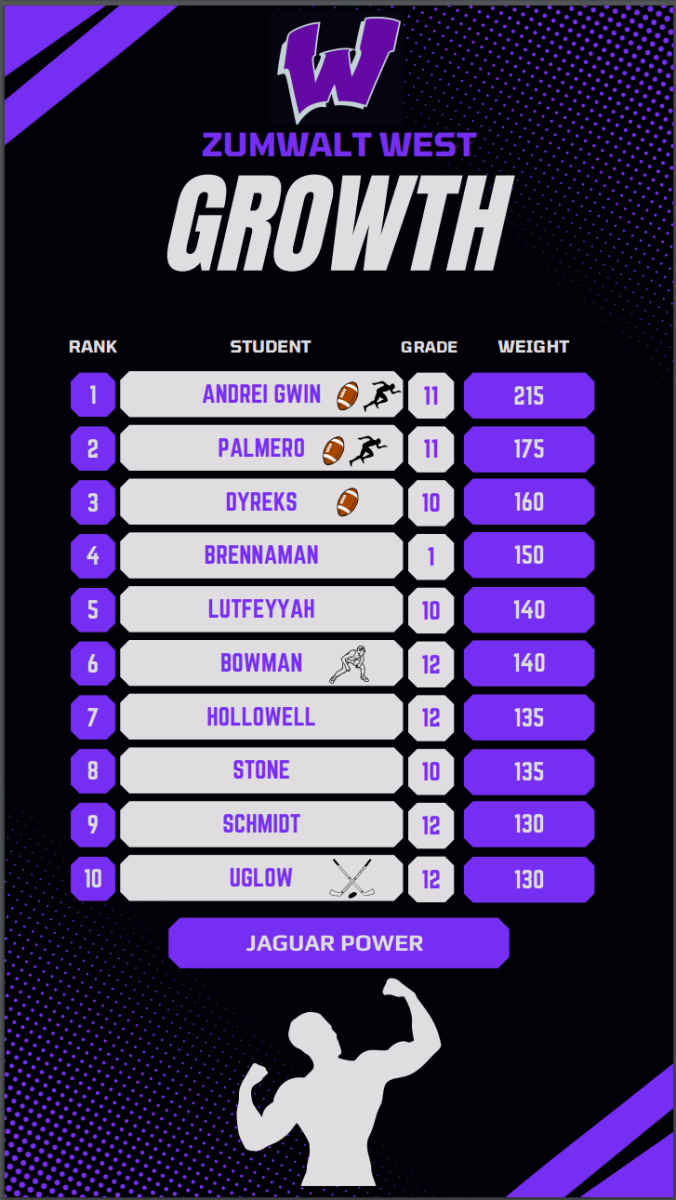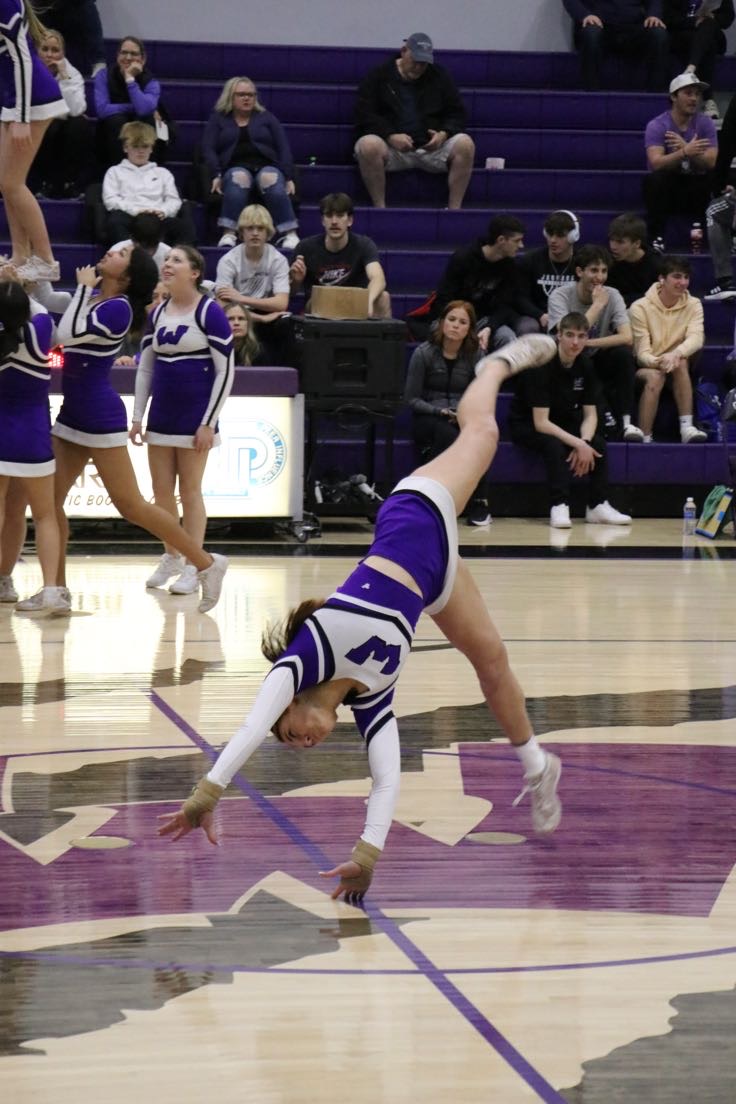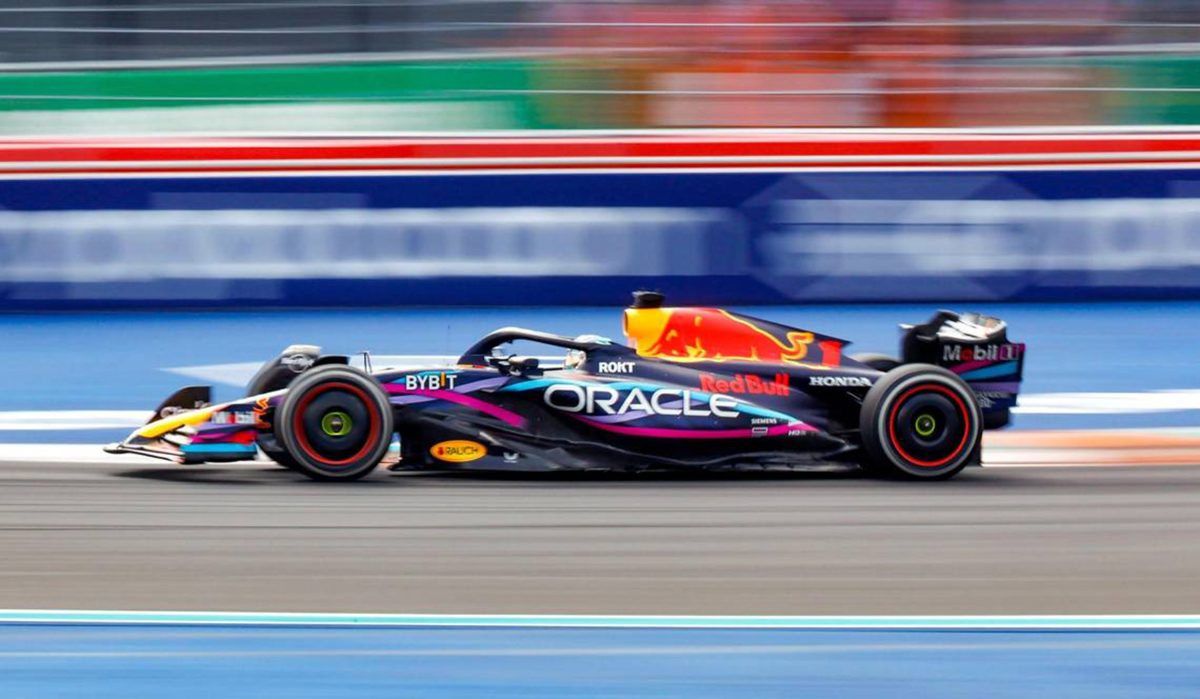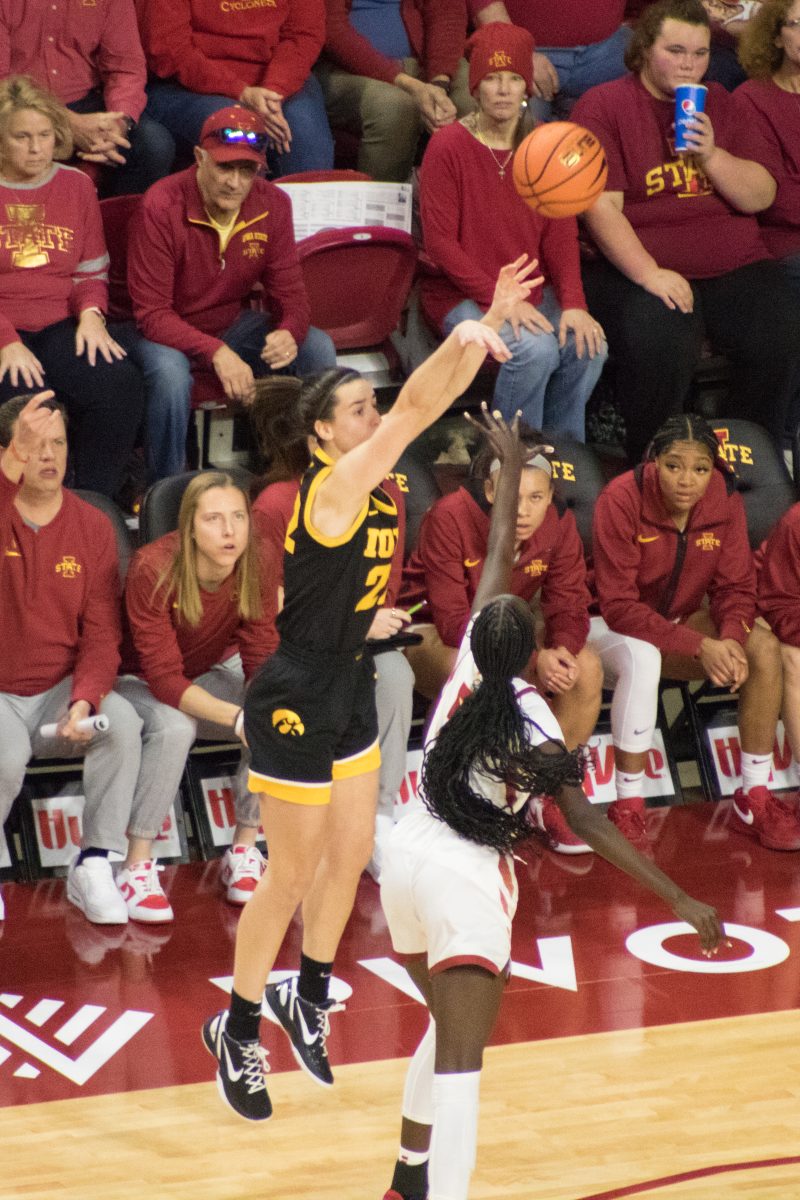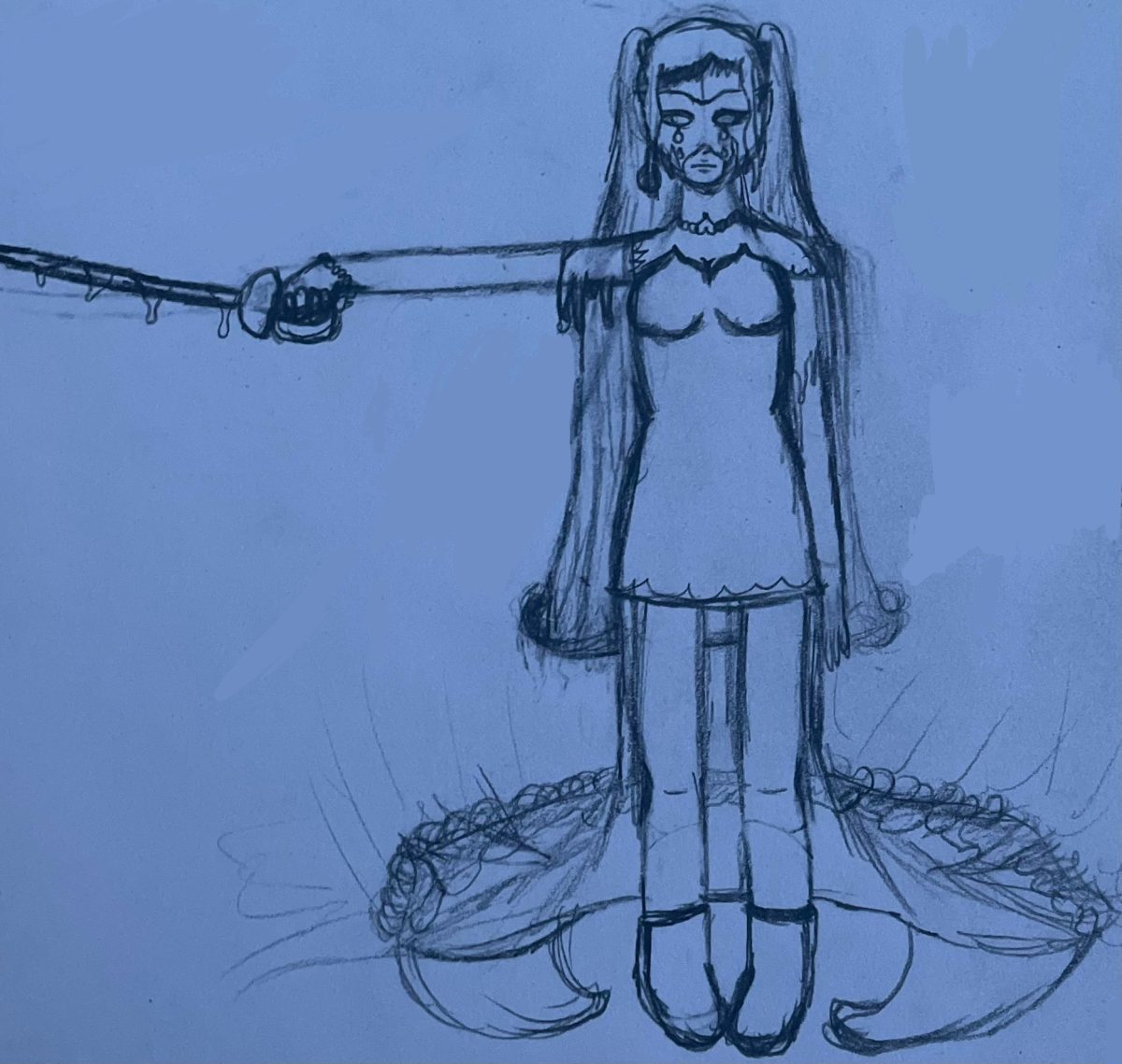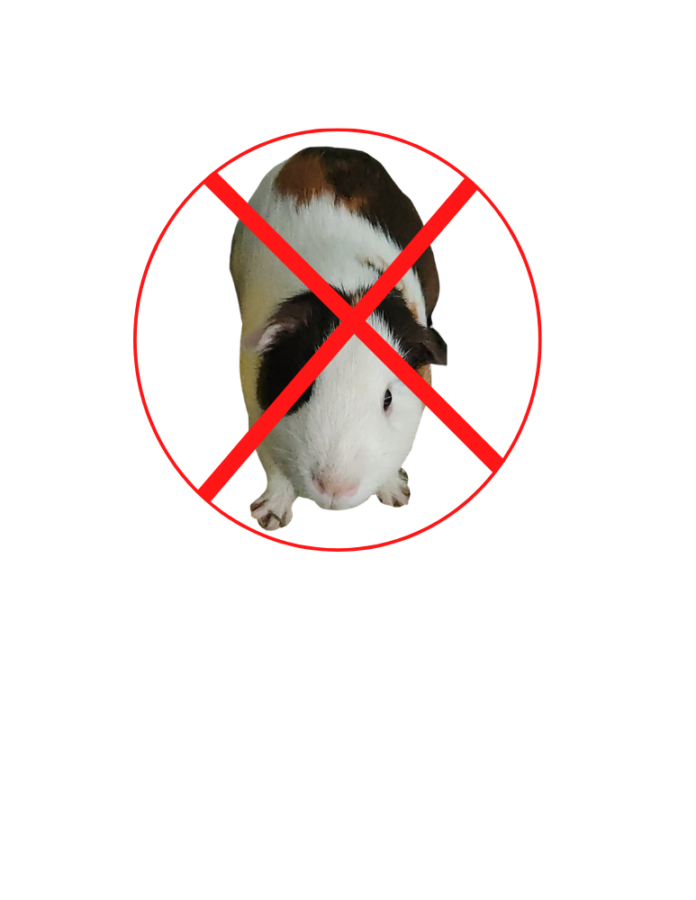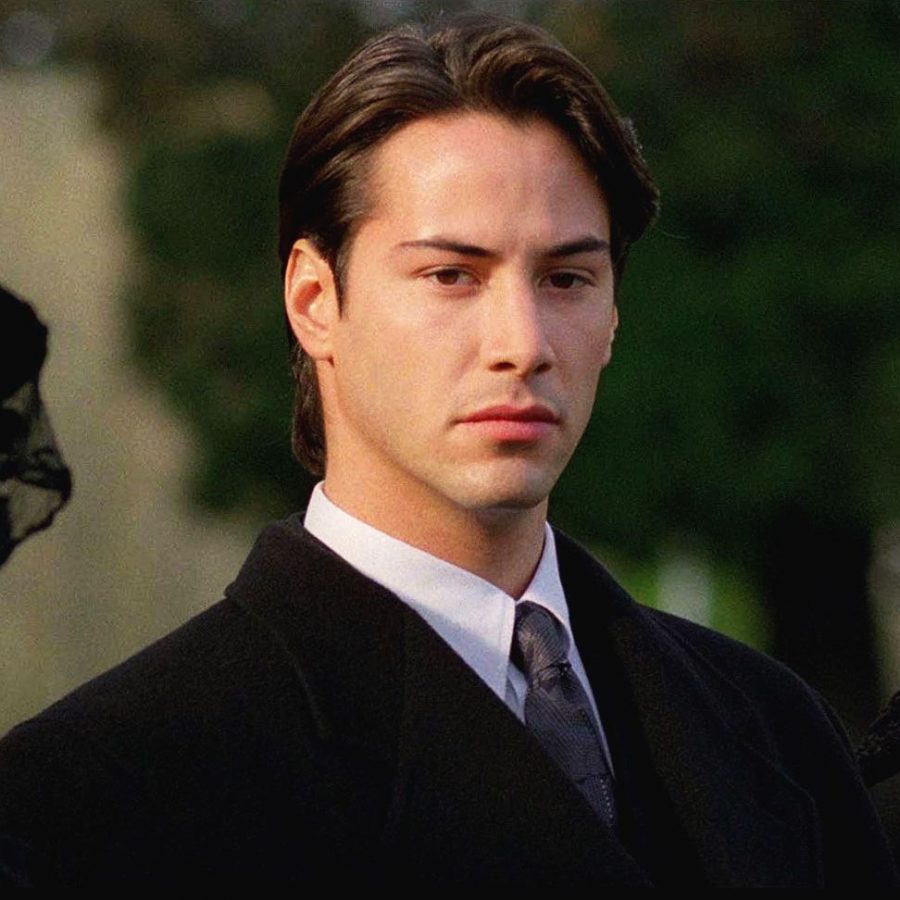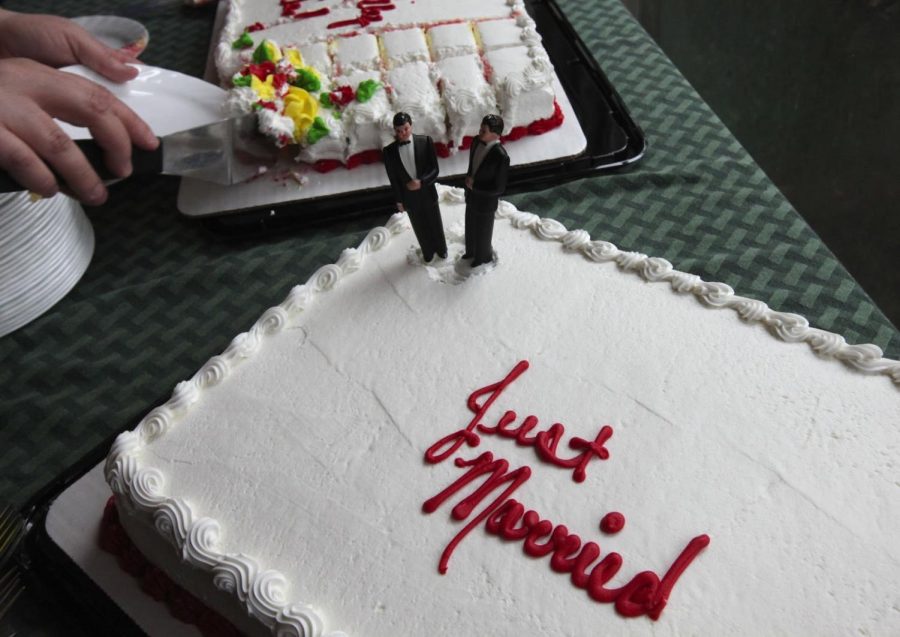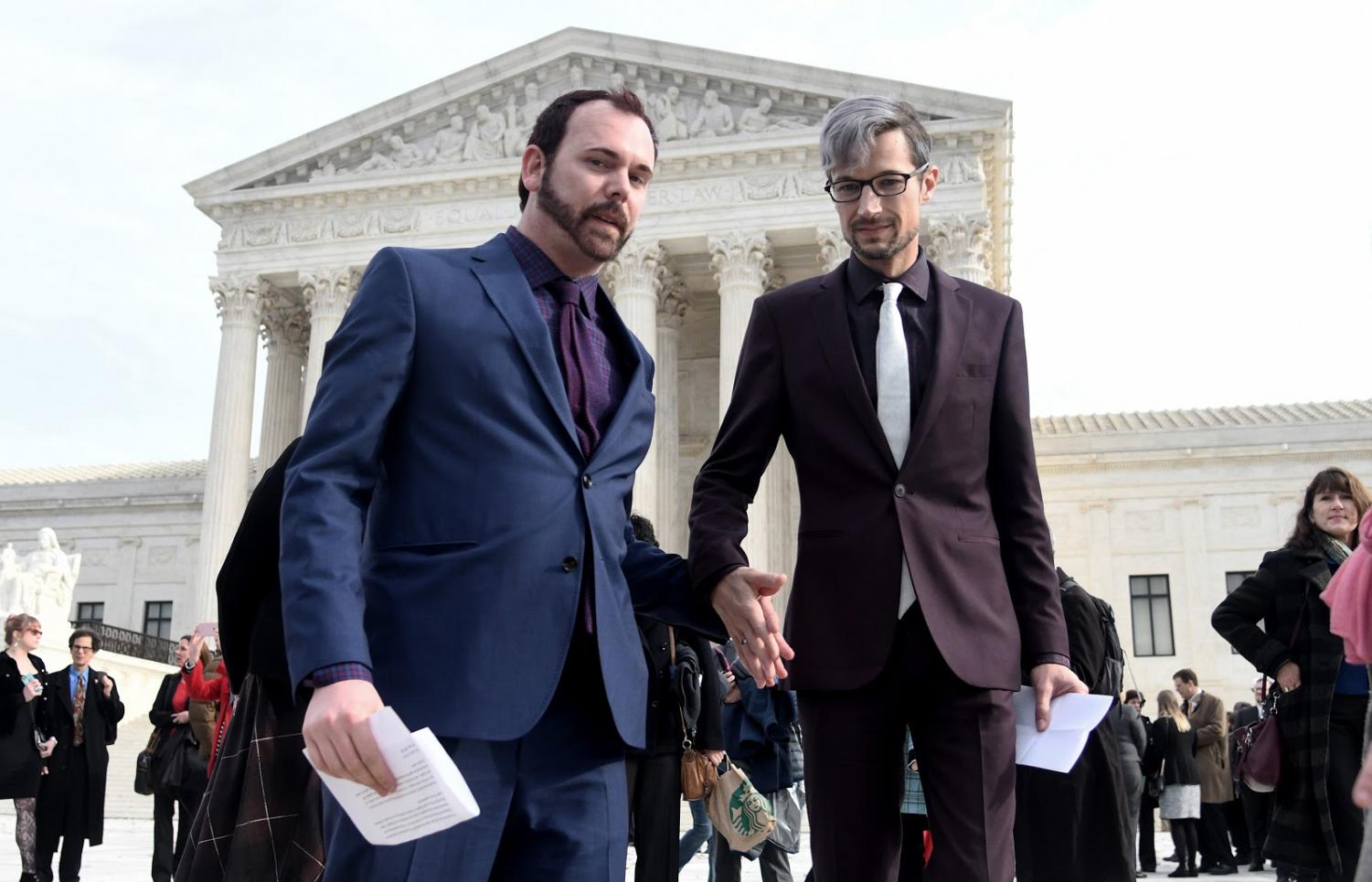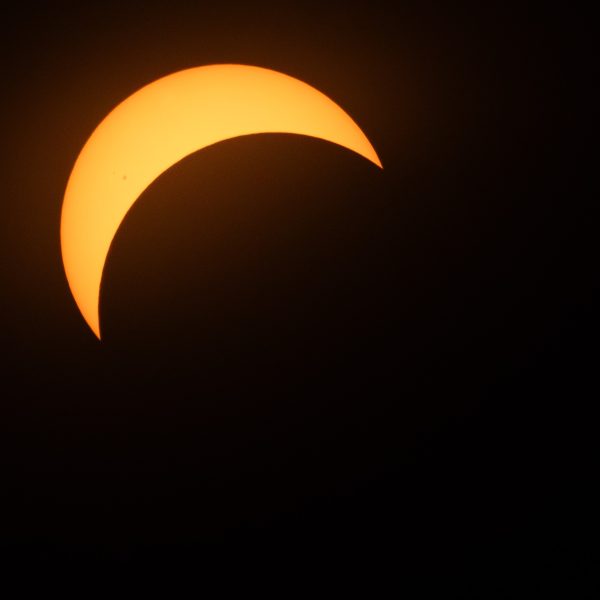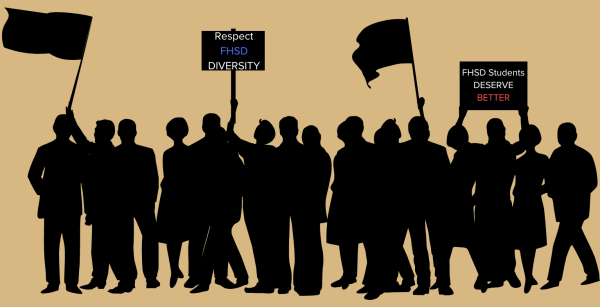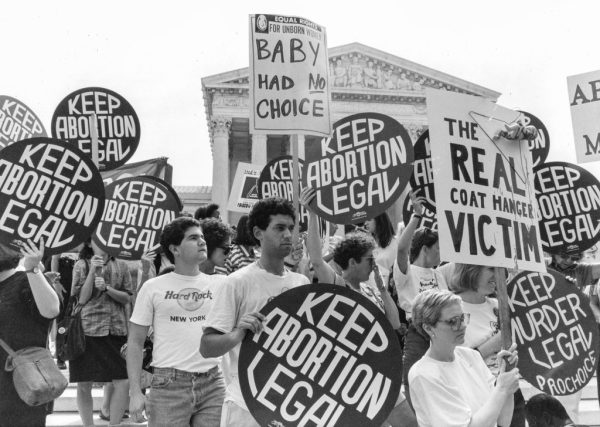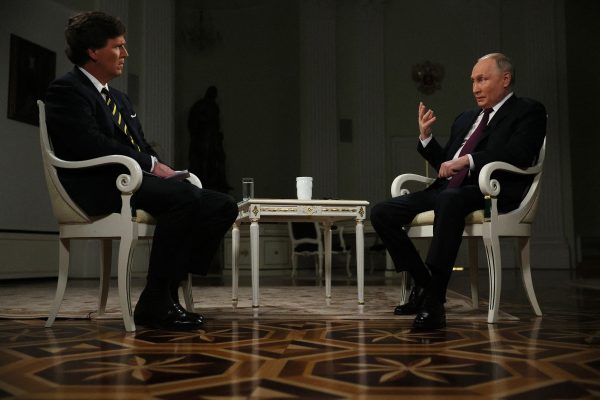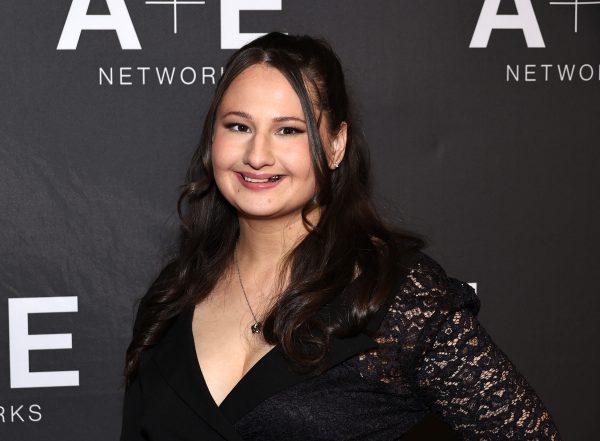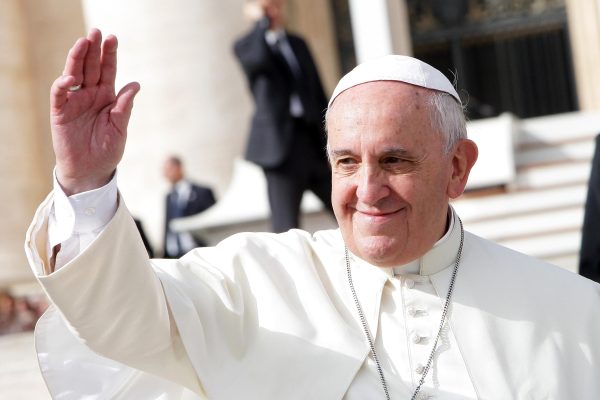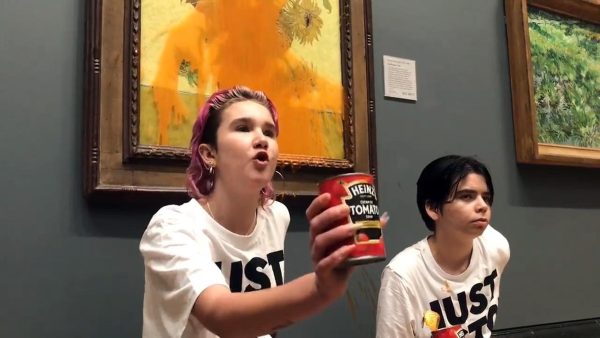Wedding cake trials
Colorado baker refuses service to gay couple.
The wedding of Charlie Craig and David Mullins took a turn when Denver baker, Jack Phillips, refused to make a wedding cake for them back in 2012. Phillips claims that he serves gay customers, making them birthday cakes, but making a wedding cake is against his religious beliefs, according to the New York Times.
“It has nothing to do with David and Charlie,” Phillips said, according to The Denver Post. “It has everything to do with my faith in Jesus Christ and my following the teachings of the Bible.”
Craig and Mullins agreed that their pursuing the case was not an attack against the baker.
“This case isn’t about Jack Phillips and it isn’t about us,” Mullins said, according to The Denver Post. “It’s about the principle that gay people should be able to receive equal service at businesses open to the public.”
The American Civil Liberties Union of Colorado took up the couples complaint against Phillips. The following year, according to the Colorado Civil Rights Division, it was ruled that the bakery had violated a law which prevents businesses from discriminating customers based on sexual orientation. Phillips appealed this accusation.
In 2015, the Colorado court of appeals stated that Phillip would no longer be able to state his religious beliefs by refusal of service to same – sex couples. The court refused to hear his next appeal. A year later, the Alliance Defending Freedom petitioned for the United States Supreme Court to hear the case. After several years and multiple rulings, the case reached the Supreme Court.
Philips’ lawyers central point of their case is “artistic freedom”. According to the first amendment and also settled by the Supreme Court decision in the 1995 Hurley v. Irish-American Gay, Lesbian & Bisexual Group of Boston, artistic expressions are protected beyond works of writing and speech.
“Laws are being used not only to silence, not only to punish, but to ruin creative professionals that don’t agree with the government’s ideology on marriage,” Alliance Defending Freedom’s Kristen Waggoner said, according to the Washington Post.
However, this court case aims to draw the line between religious freedom and discrimination.
“Art is not easily definable so I’m worried that businesses will be able to deny somebody something as simple as a flower because they claim it’s their art and they can’t be forced to make art that goes against their beliefs,” junior Meghan Morris said.
Another huge point of this case is religious freedom. This has been a demanding topic with the rise of LGBTQ+ rights. The court decided that upholding the state’s anti-discriminatory laws does not imply Phillips condones gay marriage.
“This has always been about more than a cake,” Mullins said, according to foxnews.com. “Businesses should not be allowed to violate the law and discriminate against us because of who we are and who we love.”

